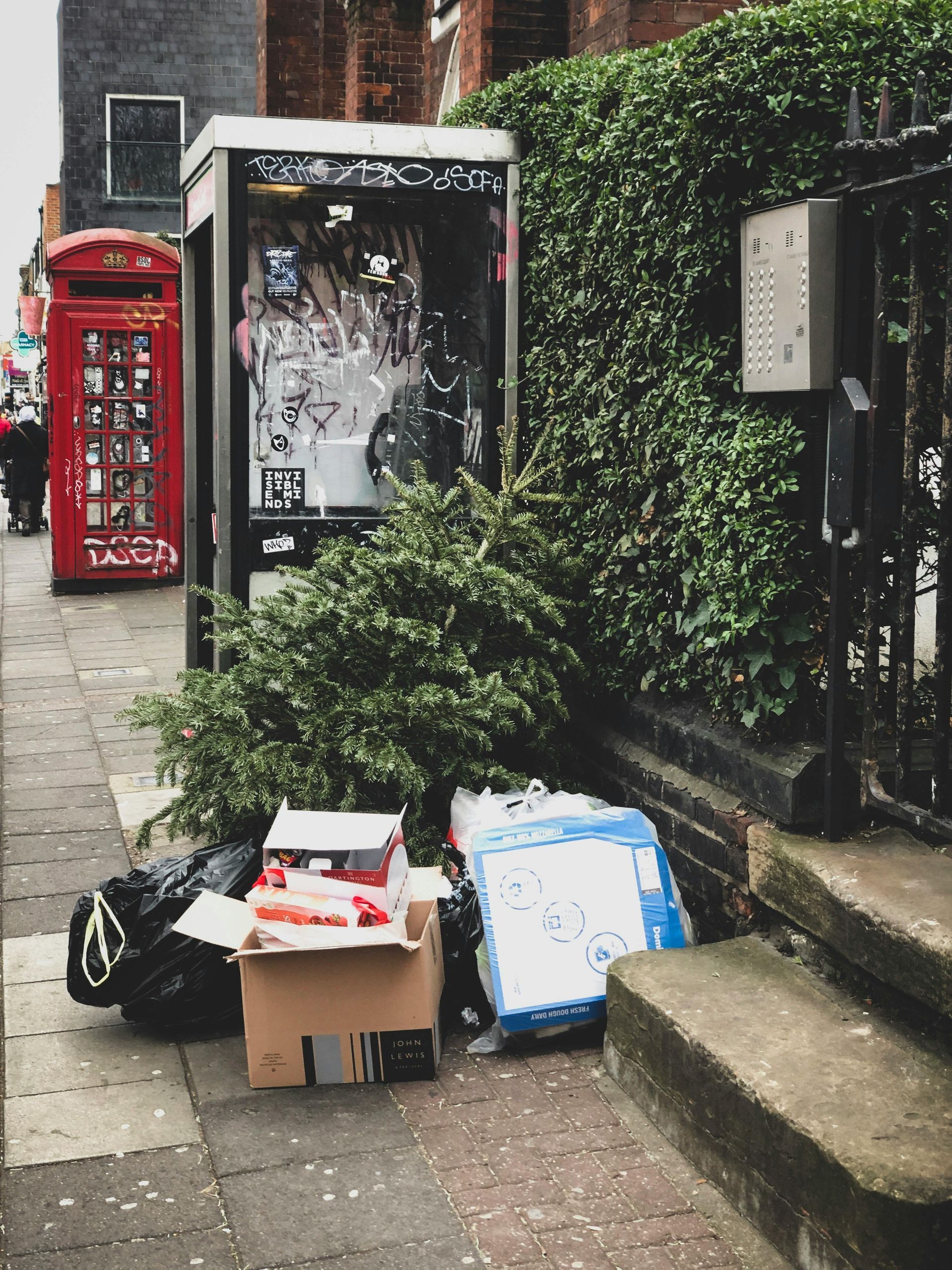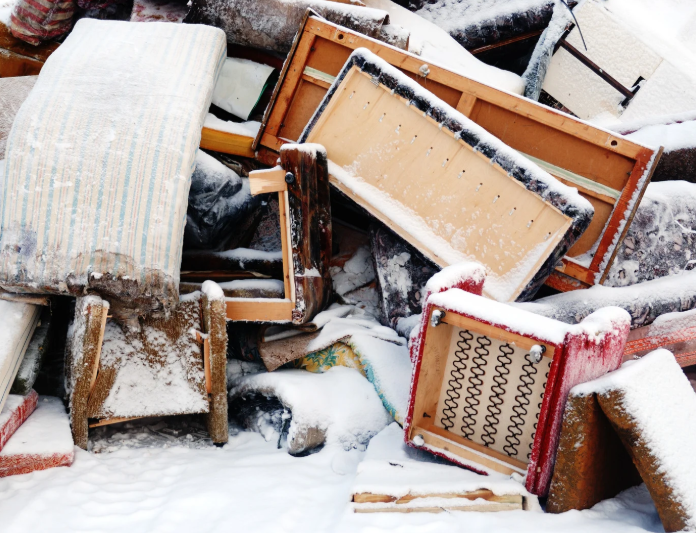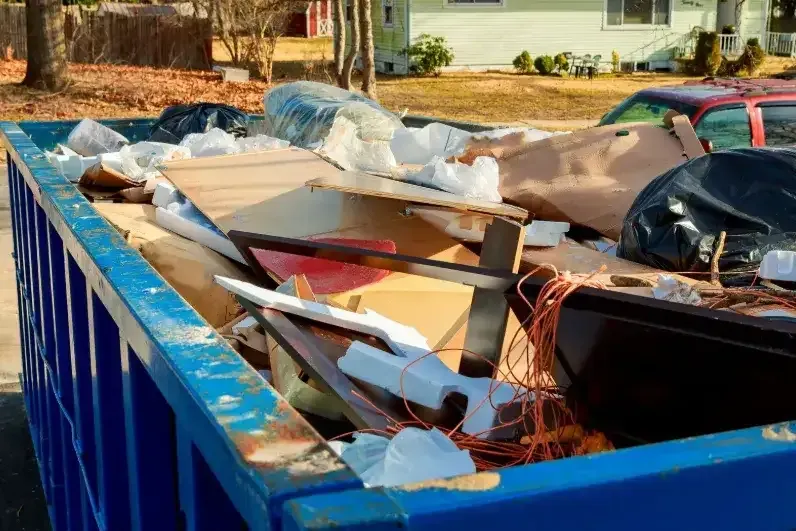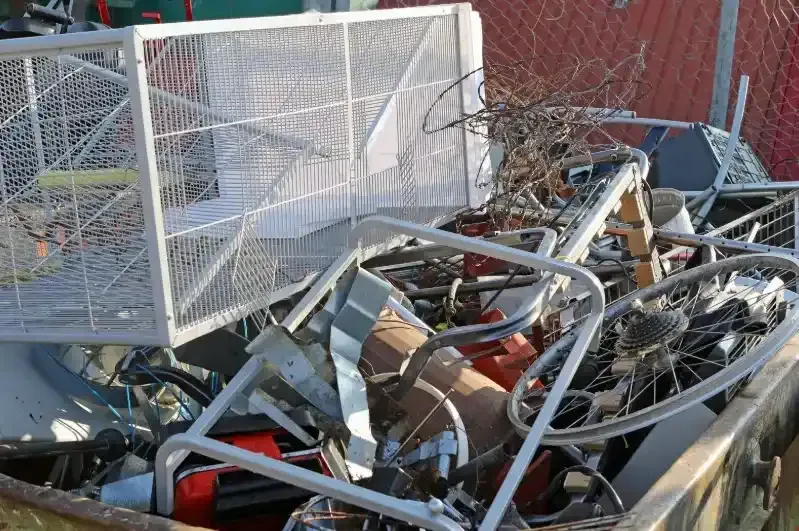How to Properly Dispose of Old Electronics in Gwinnett County
In the heart of Gwinnett County, Georgia, the growing challenge of safely disposing of outdated electronics continues to gain urgency. As technology evolves at lightning speed, households and businesses frequently upgrade devices—leaving behind a trail of old laptops, smartphones, printers, TVs, and other electronics. These discarded items, known as electronic waste or e-waste, often contain harmful substances like lead, cadmium, and mercury. When improperly disposed of in landfills or dumped illegally, they pose significant risks to soil, water, and air quality.
Fortunately, Gwinnett County residents have access to responsible options—but awareness is key. Proper e-waste disposal not only prevents environmental damage but also supports the recovery of valuable materials like copper and gold through recycling.
Understanding E-Waste and Its Implications
Electronic waste, commonly referred to as e-waste, includes discarded electronic devices such as laptops, tablets, mobile phones, printers, televisions, and gaming consoles. While many of these devices appear harmless, they often house toxic elements like lead, cadmium, and mercury. When improperly discarded—such as thrown into regular trash or abandoned outdoors—these hazardous materials can seep into the soil and contaminate water sources.
Beyond the environmental risk, e-waste represents a massive loss in recoverable materials. Inside most electronics are valuable metals and components that, when recycled properly, can be repurposed for new technology or other applications. Copper wiring, gold-plated connectors, and rare earth elements often end up wasted instead of being reclaimed. That’s why recycling old electronics is not only a matter of avoiding harm—it’s also a chance to reduce reliance on raw material extraction, promote a circular economy, and make smarter use of the limited resources already available on our planet.
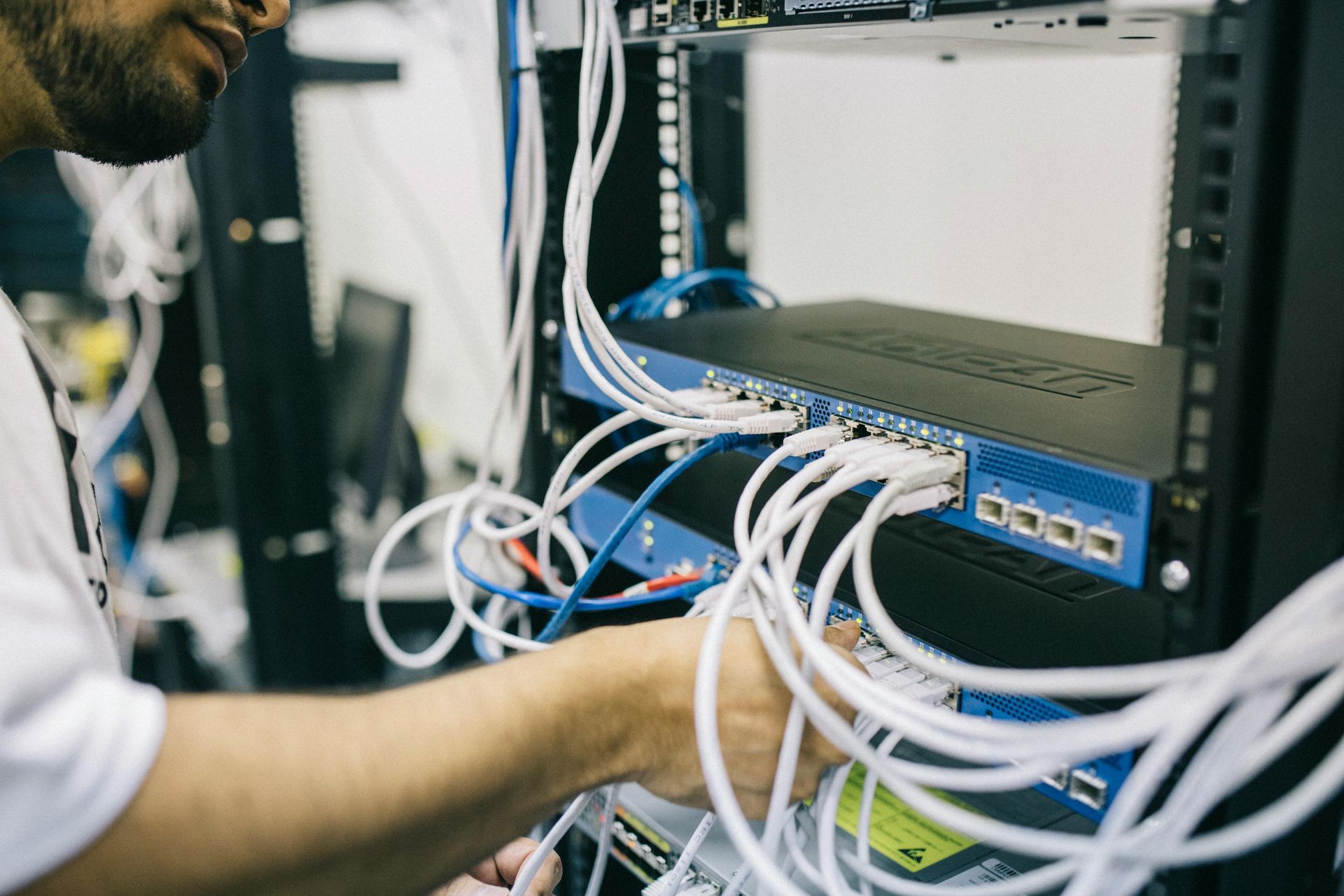
Gwinnett County's Approach to E-Waste Management
Gwinnett County recognizes the growing concern over e-waste and has taken proactive steps to ensure residents have access to responsible disposal options. The county regularly hosts recycling events where individuals can bring a variety of electronic items for proper processing. These events typically accept everything from old desktops and flat-screen monitors to broken printers and televisions. While some items may be accepted for free, others—especially CRT monitors or bulky televisions—may incur a small handling fee to help cover recycling costs and ensure safe disassembly.
In addition to scheduled events, Gwinnett County offers year-round guidance on where to take e-waste locally. Through partnerships with certified recycling centers and educational outreach, the county empowers residents with updated information and easy-to-follow steps for dropping off devices. These efforts reduce the likelihood of improper disposal and keep hazardous materials out of landfills. Encouraging public participation in these programs strengthens the community’s role in protecting local ecosystems while setting an example for responsible environmental behavior.
Local Recycling Centers and Services
Several facilities within and around Gwinnett County offer e-waste recycling services:
- Snellville Recycling Center: Located at 2531 Marigold Road, this center accepts a variety of electronic items for recycling.
- E-Recycle USA: Situated in Tucker, this facility specializes in recycling electronic devices and ensures data destruction for security.
- Best Buy and Staples Stores: These retail outlets offer recycling programs for certain electronics, often with limitations on the number of items per household per day.
It's advisable to contact these centers beforehand to confirm the types of electronics accepted and any associated fees.
Data Security Considerations
Before tossing out any old electronic device, one important step should never be overlooked—data security. Computers, smartphones, tablets, and even smart TVs can store a significant amount of personal and sensitive data, including login credentials, financial records, private messages, and identification details. If this data is not completely erased before disposal, it can be exploited by bad actors who recover it through basic digital recovery techniques. Simply deleting files or performing a factory reset is often not enough.
To safeguard your privacy, consider using data-wiping software that overwrites the entire hard drive or memory multiple times to ensure no trace of personal data remains. For businesses or individuals with highly sensitive files, certified data destruction services are available that use industry-grade tools to physically destroy or degauss storage devices. Whether you're donating, recycling, or disposing of electronics, ensuring data has been properly removed or destroyed not only protects your identity but also aligns with best practices for responsible digital citizenship in today's connected world.
Environmental and Community Benefits
When residents take the time to properly dispose of e-waste, the benefits extend far beyond just removing clutter. Environmentally, responsible recycling prevents toxic elements like mercury and cadmium from contaminating nearby soil, rivers, and lakes. It helps reduce greenhouse gas emissions by decreasing the demand for mining and processing raw materials. These efforts not only protect local wildlife and ecosystems, but also contribute to global conservation goals focused on mitigating climate change and preserving biodiversity.
On a community level, organized e-waste recycling programs promote environmental awareness and civic responsibility. They foster a shared understanding of how each household can contribute to the greater good by taking small but impactful steps. Additionally, recycling electronics helps create green jobs in the region—from collection and sorting to refurbishment and resale of usable parts. By participating in safe e-waste disposal efforts, Gwinnett County residents not only reduce the harmful environmental footprint of outdated devices but also strengthen community ties built around sustainability and long-term environmental stewardship.
Turning Tech Trash into Environmental Triumph
Many people underestimate how much damage a discarded gadget can cause when it’s tossed in the regular trash. Inside your outdated electronics are materials that can harm the environment—lead, mercury, and flame retardants don’t belong in landfills. In Gwinnett County, there’s a growing push to rethink our relationship with e-waste, encouraging residents to look beyond the garbage bin and toward sustainable solutions. The goal isn’t just to dispose—it’s to do so with purpose and care.
Rather than contributing to growing landfill piles, residents have options that repurpose, recycle, and reduce harm. From specialized drop-off locations to community-led events, electronics can now be rerouted to facilities that safely handle their contents. Embracing this shift means more than clearing out drawers—it’s about shaping a cleaner future. Turning tech trash into a meaningful environmental win is possible if we all stay informed and act responsibly.
When Recycling Electronics Becomes a Local Responsibility
The idea of local responsibility begins at home—but in Gwinnett County, it extends to how we handle outdated electronics. Communities thrive when individuals commit to making better disposal choices, especially when technology continues to outpace its shelf life. The more devices we accumulate, the more important it becomes to think about where they end up. Recycling electronics is no longer a luxury—it’s an obligation tied to sustainability and safety.
Gwinnett residents can contribute by choosing drop-off programs and verified recycling services rather than defaulting to household waste bins. These steps help prevent toxic materials from entering the water supply or contaminating soil. As more people take part, the benefits ripple outward—cleaner neighborhoods, less pollution, and a stronger culture of environmental awareness. The responsibility may begin with one family, but its impact can shape the entire county.
The Life After Use of Your Household Gadgets
A broken microwave, an ancient laptop, or an old flip phone might feel like junk, but in reality, these items still have value—just not in your living room. When electronics reach the end of their usable life, their parts can still be reused or recycled. Gwinnett County is making strides in making this process smoother, ensuring that electronics don’t just disappear into a landfill, but instead begin a second life elsewhere.
Disassembling, harvesting, and repurposing materials like copper, aluminum, and plastics allows recycling centers to cut down on energy use and raw material extraction. By rethinking the end game for our devices, we reduce waste and support a more circular economy. It’s a quiet revolution happening behind the scenes—and your dusty cable box might just be part of it.
Local Drop Off Does More Than Clear Clutter
It’s tempting to throw your old electronics in the garage, out of sight and out of mind. But letting them sit idle is a missed opportunity to make a real difference. In Gwinnett County, local drop-off centers are designed not only to clear up space in your home, but to give these outdated devices a better send-off. By bringing your electronics to these sites, you contribute to a chain of responsible handling that prioritizes safety and reuse.
Beyond decluttering, you’re helping reduce environmental hazards and supporting green jobs that focus on dismantling and recycling e-waste. Whether it’s a community event or a nearby facility, these drop-off options aren’t just convenient—they’re essential. They prove that even the smallest action, like unplugging and dropping off that old router, can have a lasting impact on the environment.
Conclusion
Navigating the complexities of electronic waste disposal in Gwinnett County calls for more than just tossing old devices in the trash—it requires conscious, informed action. Electronics often contain harmful substances like lead and mercury that pose a threat to the environment if not handled correctly. Thankfully, the county offers several programs, drop-off locations, and recycling events that help residents take the right steps. These options ensure that outdated gadgets are processed in a safe, sustainable way while also making room in your home or office.
Still, the process can be overwhelming—especially if you're dealing with a large volume of items or aren’t sure where to begin. That’s where professional help becomes invaluable. Lasso & Load Junk Removal provides a dependable, local solution for responsibly removing old electronics and more. They understand the regulations, handle logistics, and save you time and effort. Whether you’re cleaning out a garage, upgrading your office tech, or just need a hand with disposal, they’re ready to assist. Contact Lasso & Load Junk Removal in Gwinnett County at 404-227-2017 or email Lauren.renwickk@gmail.com to schedule a service.

